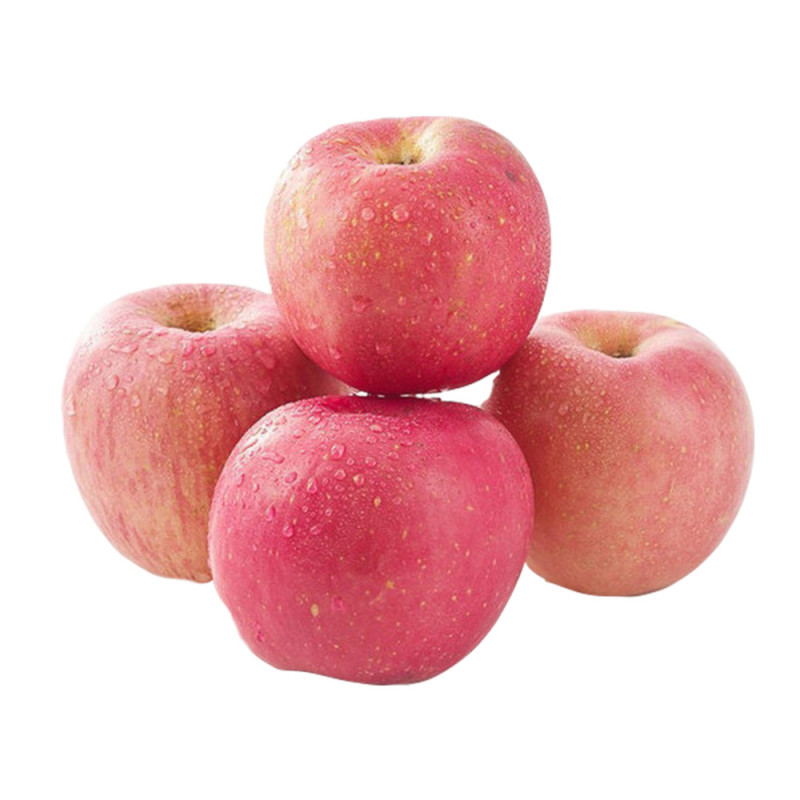Ever wondered what the apple means in Chinese? Well, let me tell ya, it’s not just about a juicy fruit. The Chinese word for apple, 蘋果 (píng guǒ), carries a whole lot of cultural depth and meaning that goes beyond the fruit itself. It’s like opening a treasure chest of history, symbolism, and even business lessons. So, buckle up because we’re diving deep into this fascinating world where apples meet Mandarin.
Now, you might think that apples are just apples no matter where you go. But hold up! In China, they’re more than that. The word 蘋果 (píng guǒ) isn’t just a term for the fruit—it’s a symbol of love, health, and even prosperity in certain contexts. It’s like when you walk into a Chinese fruit market and see apples displayed like little pieces of art. It’s not just about eating them; it’s about what they represent.
And hey, before we jump into the nitty-gritty, let me give you a quick heads-up. This article isn’t just about the word “apple” in Chinese. We’re going to explore everything from its cultural significance to its role in modern Chinese society. So whether you’re here for a language lesson or a cultural deep dive, you’re in the right place.
Read also:Unveiling The Life Of Art Bells Daughter A Journey Through Her Legacy
The Linguistic Journey of Apple in Chinese
Let’s start with the basics. The Chinese word for apple is 蘋果 (píng guǒ). Now, if you break it down, 蘋 (píng) means “peace” or “tranquility,” while 果 (guǒ) simply means “fruit.” So, when you put them together, it’s like saying “peaceful fruit.” Cool, right? But here’s the kicker—this word didn’t always exist in Chinese. Apples aren’t native to China, so when they were introduced, the language had to adapt.
How Apples Found Their Way to China
Apples made their way to China through the Silk Road, which was like the OG trade route back in the day. Traders brought apples from Central Asia, and the Chinese were like, “Whoa, what’s this sweet and juicy goodness?” Over time, apples became a staple in Chinese cuisine and culture. And guess what? The word 蘋果 evolved alongside the fruit itself.
Here’s a fun fact: The original Chinese word for apple was actually different. It was more like 林檎 (lín qín), which is still used in some dialects today. But as the fruit became more popular, the modern term 蘋果 took over. It’s like when a new slang word becomes mainstream—you know it’s going to stick around.
Cultural Significance of Apples in China
Now let’s talk about why apples are such a big deal in Chinese culture. It’s not just about the taste or the nutrition (although they’re both awesome). Apples in China are loaded with symbolism. They’re often associated with peace, love, and good health. In fact, it’s common to give apples as gifts during festivals or special occasions. Think of it like sending a bouquet of flowers, but better because you can eat them!
Apples in Chinese Festivals
During the Chinese New Year, apples are a must-have. They’re seen as a symbol of good luck and prosperity. Families will often display apples on their dining tables or give them as gifts to friends and family. It’s like saying, “Here’s to a peaceful and fruitful year ahead!” And let’s not forget the Mid-Autumn Festival, where apples are often paired with mooncakes to celebrate the harvest season.
But wait, there’s more! Apples also play a role in Chinese weddings. They’re often included in the dowry or given as gifts to the newlyweds to symbolize a harmonious and peaceful marriage. It’s like saying, “May your life together be as sweet and smooth as this apple.”
Read also:Exploring The Life And Legacy Of Demetrio Santagagrave A Comprehensive Overview
Health Benefits of Apples in Chinese Medicine
Now, let’s talk about the health side of things. In Traditional Chinese Medicine (TCM), apples are considered a cooling fruit that helps balance the body’s energy. They’re rich in fiber, vitamins, and antioxidants, which are all good for your health. But here’s the thing—TCM goes beyond just nutrients. It’s about how the fruit interacts with your body’s qi (energy) and yin-yang balance.
How Apples Boost Your Qi
According to TCM, apples help regulate digestion, strengthen the spleen, and even improve lung function. They’re especially beneficial for people with heat-related conditions, like sore throats or inflammation. So, if you’re feeling a little off-balance, grabbing an apple might just do the trick. And hey, who doesn’t love a natural remedy that tastes great?
Here’s a quick list of the health benefits of apples in TCM:
- Improves digestion
- Strengthens the spleen
- Moistens the lungs
- Reduces inflammation
- Boosts energy levels
Apple in Modern Chinese Society
Fast forward to today, and apples are still a big deal in China. They’re not just a fruit—they’re a symbol of modernity and innovation. Enter Apple Inc., the tech giant that’s taken the world by storm. In China, Apple products are seen as a status symbol. Owning an iPhone or a MacBook is like saying, “I’ve made it.”
The Apple Brand in China
Apple Inc. has a massive presence in China, and for good reason. The Chinese market is huge, and Apple knows how to tap into it. They’ve localized their products, services, and even marketing strategies to appeal to Chinese consumers. And guess what? It’s working. Apple products are everywhere, from bustling cities like Beijing and Shanghai to smaller towns across the country.
But here’s the interesting part: The word 蘋果 (píng guǒ) is also used to refer to Apple Inc. in Chinese. So when you hear someone talking about 蘋果, they might be referring to the fruit or the tech company. It’s like a double entendre that’s uniquely Chinese.
Apple Symbolism in Chinese Art and Literature
Apples have also made their way into Chinese art and literature. Throughout history, they’ve been depicted in paintings, poems, and even folktales. They’re often used as symbols of beauty, love, and abundance. It’s like when you see a painting of an apple, and you just know it’s carrying some deeper meaning.
Famous Apple References in Chinese Literature
One of the most famous references to apples in Chinese literature is in the poem “The Apple” by Gu Cheng. In the poem, the apple is described as a symbol of love and desire. It’s like the poet is saying, “This apple represents everything that’s good and pure in life.” And hey, who can argue with that?
But apples aren’t just in poetry. They’re also in proverbs and sayings. For example, there’s a Chinese proverb that says, “一日一蘋果,醫生遠離我” (yī rì yī píng guǒ, yī shēng yuǎn lí wǒ), which translates to “An apple a day keeps the doctor away.” Sound familiar? It’s like the Chinese version of the English proverb, but with a little extra flair.
Apple in Chinese Cuisine
Of course, we can’t talk about apples in Chinese culture without mentioning the food. Apples are used in a variety of Chinese dishes, from sweet desserts to savory main courses. They’re often paired with other ingredients to create a harmonious balance of flavors. It’s like when you take a bite of an apple pie and think, “This is perfection.”
Delicious Apple Recipes from China
Here are a few popular apple dishes in Chinese cuisine:
- Apple and pork stew
- Candied apples
- Apple tea
- Apple dumplings
- Apple salad
And let’s not forget the street vendors who sell roasted apples during the winter months. It’s like a warm hug in the form of a snack. So, if you ever find yourself in China during the colder months, make sure to try one. Your taste buds will thank you.
Apple in Chinese Business
Finally, let’s talk about how apples are influencing Chinese business. From agriculture to technology, apples are playing a significant role in the Chinese economy. The apple industry is booming, with farmers producing millions of tons of apples each year. And with the rise of e-commerce, apples are now being sold online, reaching consumers all over the world.
Apple Export Trends in China
China is one of the largest apple exporters in the world. The country produces a variety of apple types, from the crisp Fuji apples to the sweet Gala apples. These apples are exported to countries all over the world, including the United States, Japan, and Europe. And with the growing demand for healthy and natural foods, the apple industry in China is only going to get bigger.
Conclusion
So there you have it, folks. The apple in Chinese culture is more than just a fruit. It’s a symbol of peace, love, health, and even prosperity. From its linguistic origins to its role in modern society, the apple has left an indelible mark on Chinese culture. Whether you’re eating one, giving one as a gift, or even buying an iPhone, the apple is always there, reminding us of its rich history and significance.
Now, I want you to do me a favor. If you enjoyed this article, leave a comment below and let me know what you think. And if you’re feeling extra generous, share it with your friends. Who knows? You might just inspire someone to learn more about the fascinating world of apples in Chinese culture. Until next time, stay curious and keep exploring!
Table of Contents


